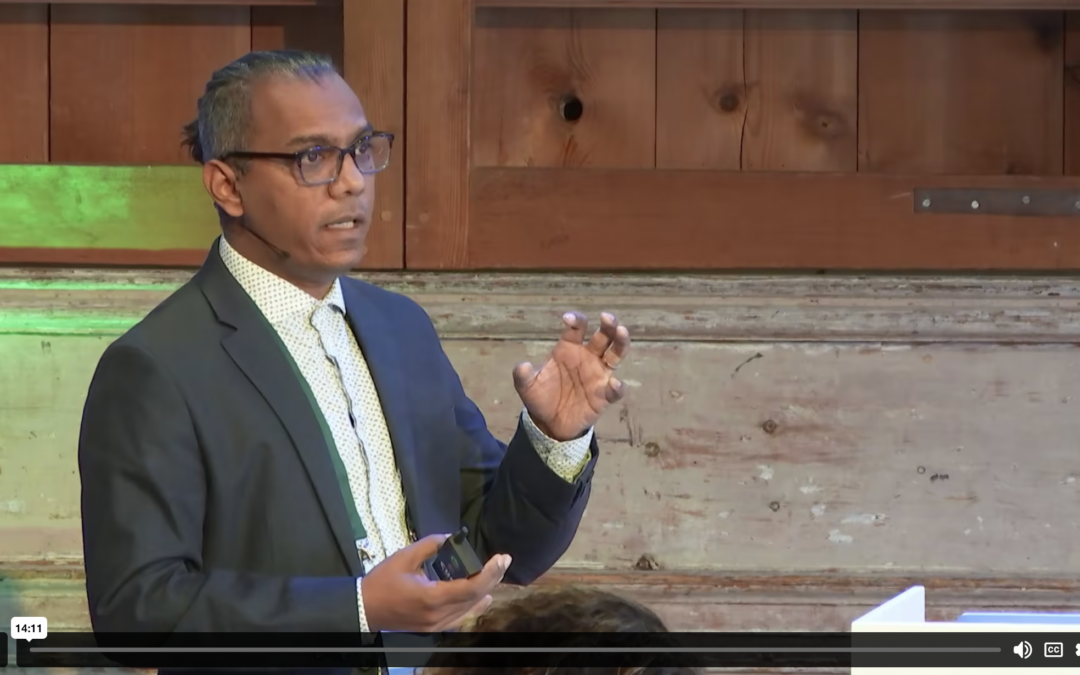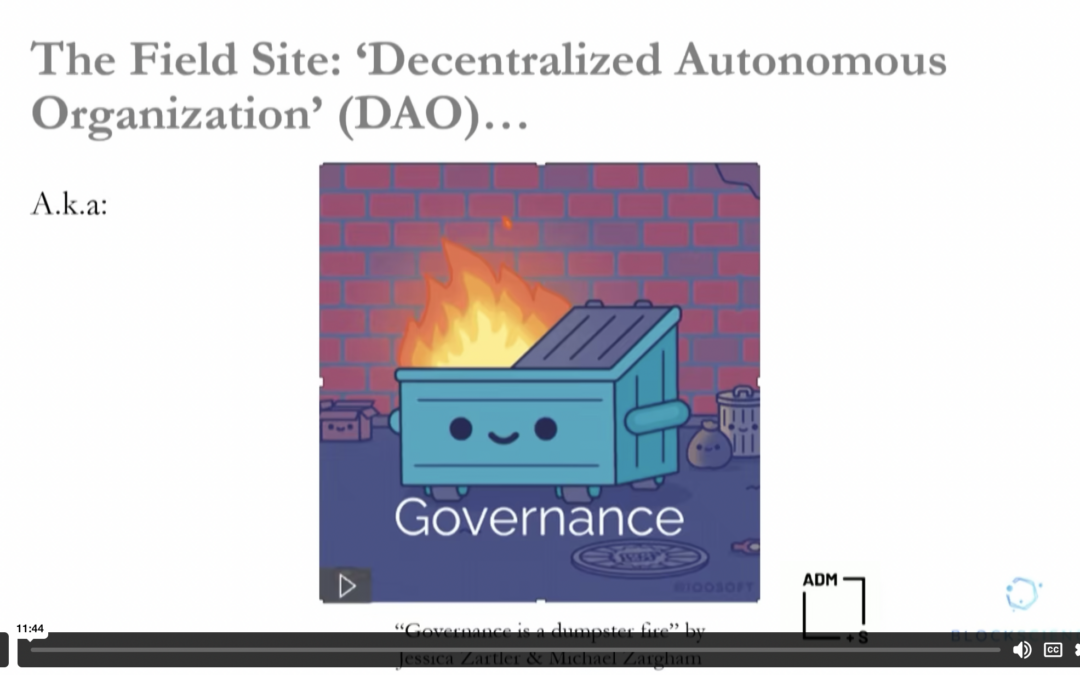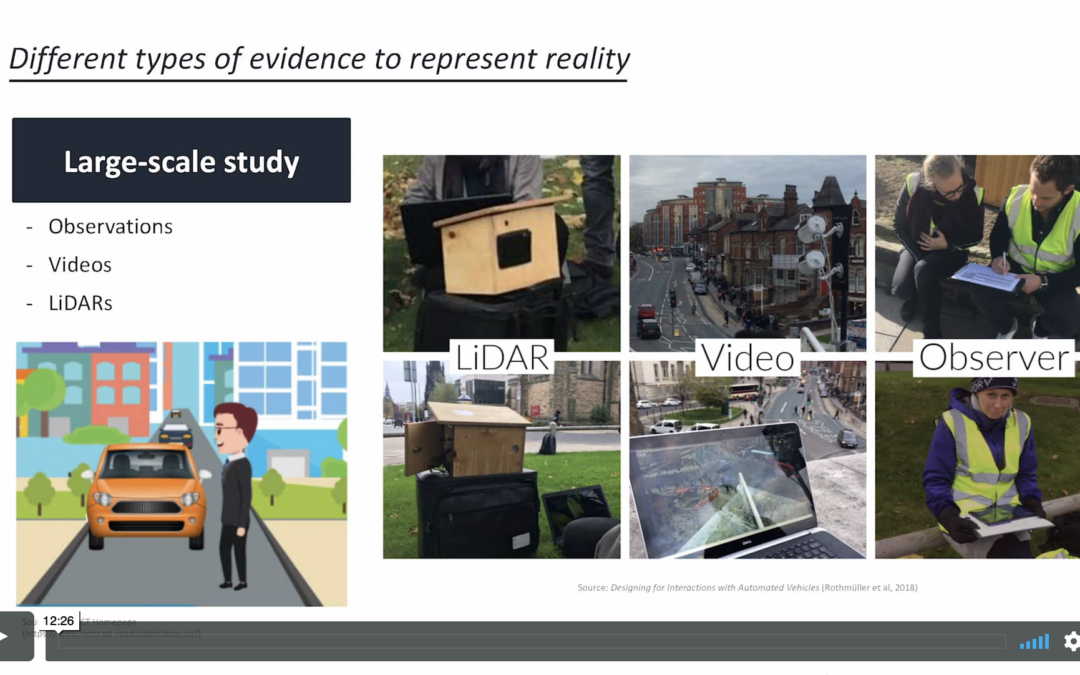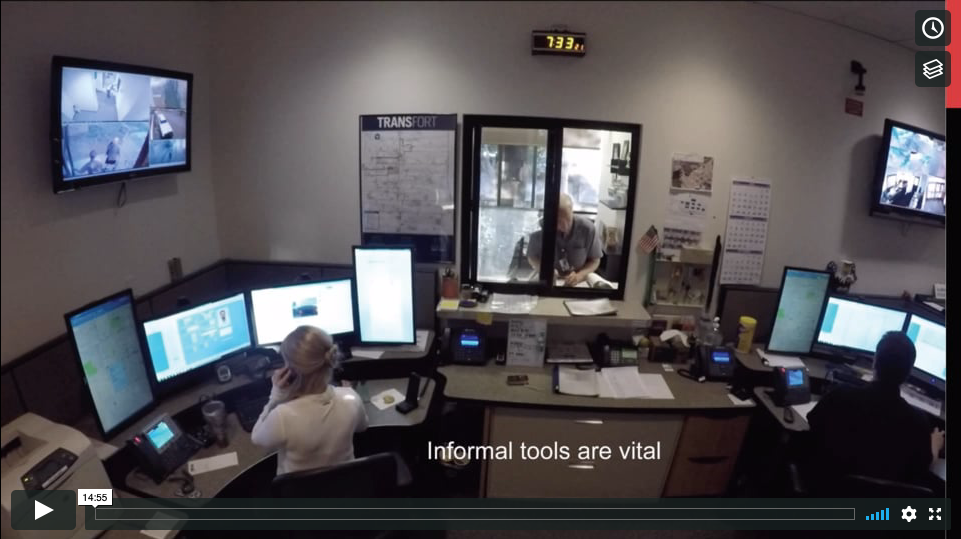This paper argues that first-person data—video, audio, and other data that is recorded from the research...


This paper argues that first-person data—video, audio, and other data that is recorded from the research...

The promise of generative AI technologies is seductive to product leaders: frictionless research in which...

This paper demonstrates the value of ethnography for housing and property development markets where urbanization...

This case study discusses how friction plays a transformative role in reshaping relational dynamics within the...

The Mosaic Atlas is the brainchild of Mosaic America, initiated by a group of immigrant women in an organization...

The ethos and methods of participatory research have been widely embraced as a powerful approach to address systemic inequity in the design of technology. While there have been many gains and developments that merit celebration, an unspoken, prevalent assumption is that inclusive forms of...

This paper details ethnographic methods, experiences, and insights from an ethnographer and an industry engaged complex systems engineer in how to study resilience in blockchain-based DAOs as a novel field site. Amidst digitization of numerous elements of government, work, and everyday life,...

Case Study—This case study presents ethnographic work in the midst of two fields of technological innovation: automated vehicles (AV) and virtual reality (VR). It showcases the work of three MSc. Techno-Anthropology students and their collaboration with the EU H2020 project ‘interACT’, sharing the...

In this paper we explore the idea of a system of care through a city transit system. We argue that a systematic orientation to care is central to what makes a transit system work for people. Further, we suggest that this care orientation is recognized as such, even though it is not apparent in...

This paper illustrates how the concept of “Human API” can help post-treatment cancer patients with challenges they face once they are released from the hospital. The results and implications of this semester long graduate project will help illuminate how the Human API through its various data...